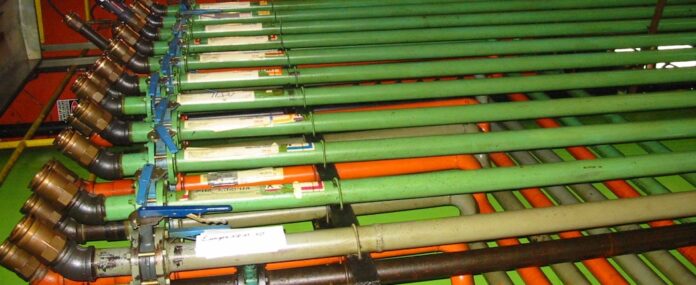BP Plc launched the sale of its Castrol lubricants division, a potential U.S.$10 billion transaction that marks one of the largest divestments in the British oil major’s recent history. The move is part of a $20 billion shedding by 2027, as the company looks to streamline its portfolio and refocus capital allocation upstream.
The sale comes amid mounting pressure from activist hedge fund Elliott Management, which recently disclosed a significant stake in BP and is pushing for improved shareholder returns and operational focus. BP CEO Murray Auchincloss responded by pulling back from aggressive renewables expansion and prioritizing investments in higher-return hydrocarbon assets.
BP has approached a number of suitors, including global energy and private equity players. Early expressions of interest are expected in the coming weeks, according to U.K. media. Among them are Saudi Aramco, Apollo Global Management, Lone Star Funds, Reliance Industries and CITIC Group Corporation – China’s sprawling state-owned investment conglomerate.
“Who has the resources to be able to afford such a significant brand and the portfolio to support it?” asked David Wright, director-general of the U.K. Lubricants Association in an email to Lube Report. “Aramco, who acquired Valvoline in 2023 and are one of the largest companies in the world would make sense to compliment the Valvoline brand outside America. Chevron too could leverage the brand strength in Europe and India, where it has a significant presence.”
Analysts estimate the sale could fetch as much as $11 billion, though expectations are currently between $8 billion and $10 billion.
The Castrol process follows BP’s recent $1.5 billion in asset sales, including stakes in solar firm Lightsource BP and the Gelsenkirchen refinery in Germany. A successful sale would represent a significant milestone in BP’s path to hitting its financial targets and enhancing portfolio resilience.
The transaction also reflects wider industry trends as oil majors face increasing investor pressure to focus upstream.
“The potential divestment of Castrol from BP would help BP to focus its efforts on its core refining and distribution energy business while allowing Castrol to focus its business purely as a leading lubricant manufacturer,” Wright said.
BP acquired Castrol in 2000 for $4.04 billion. It is a globally recognized brand in automotive and industrial lubricants, as well as for its motorsports heritage. Since then, as Wright explained, the parent company kept the two brands separate. He points out how little reference there is to BP on the Castrol website or packaging. He believes this will make divestment streamlined.
